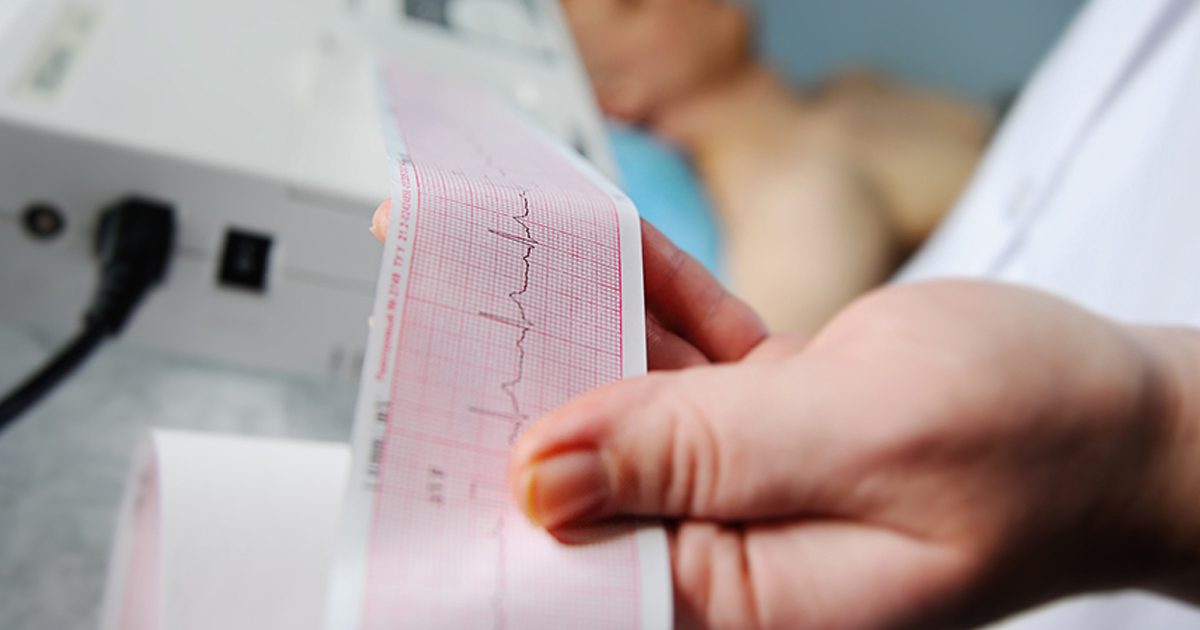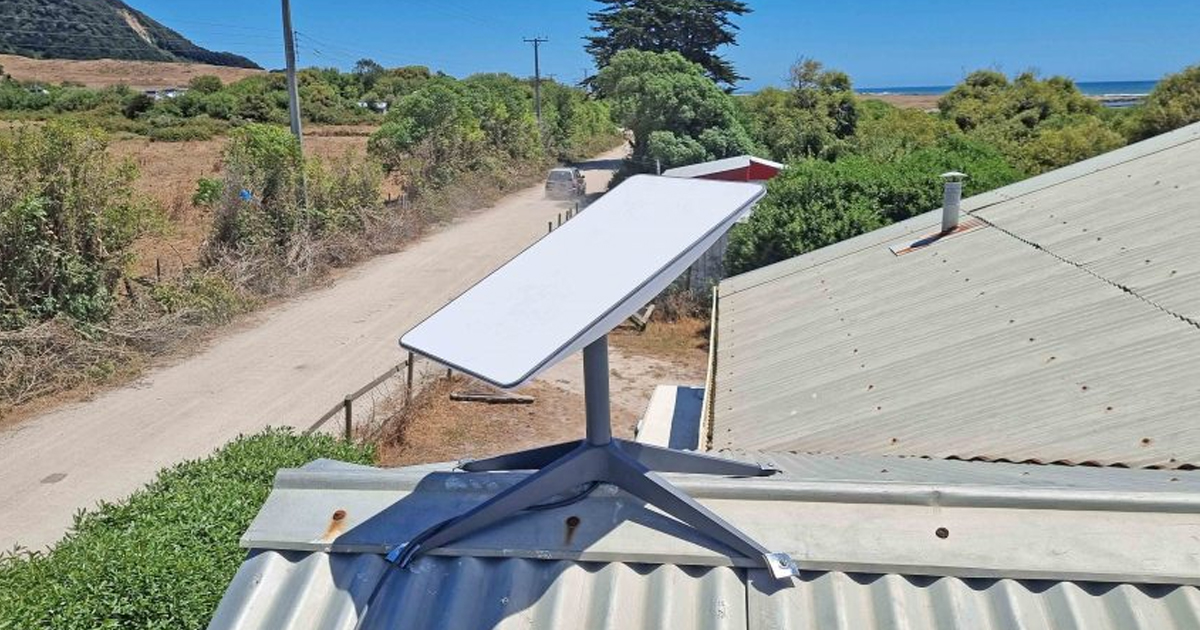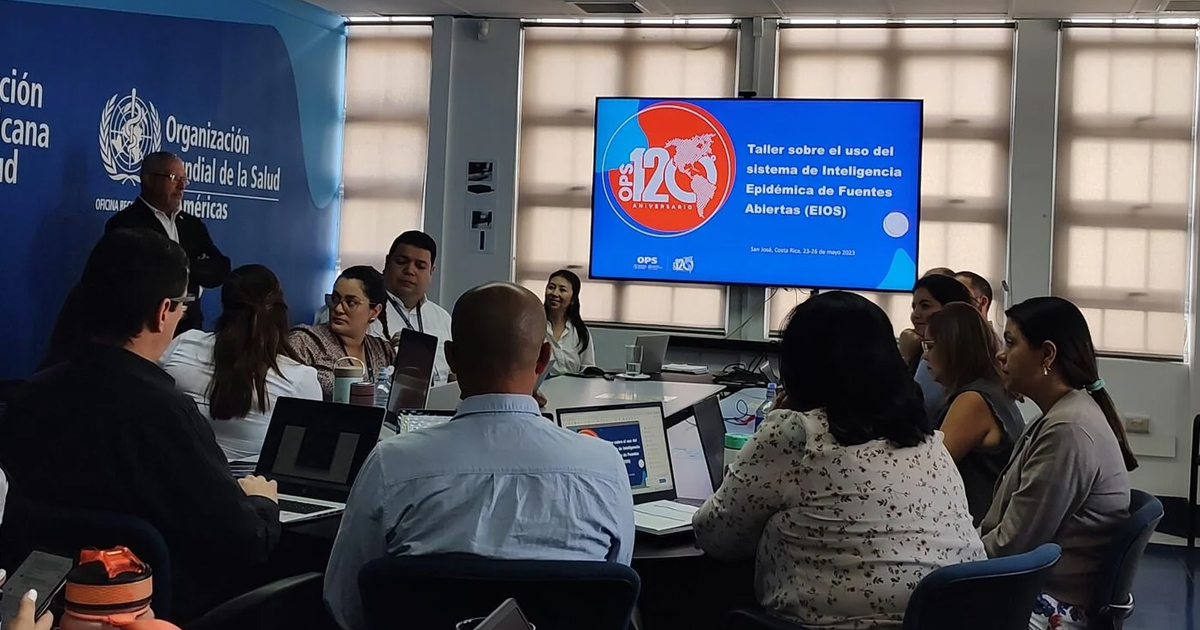During the Mexican Congress of Cardiology, held in November 2021 in Mérida, cardiologist Diego Araiza presented an Artificial Intelligence (AI) project to detect the risk of coronary thrombosis in patients in time.
Dr. Diego Araiza, is a cardiologist in the Department of Coronary Care and Emergencies of the National Institute of Cardiology, and was commissioned to present this project at the congress before more than 1,800 cardiologists and specialists in person and more than 3,500 in line.
The project uses deep neural networks and AI, which allows medical specialists to identify patterns related to coronary thrombosis, which would help prevent deaths.
"Even the best of cardiologists is subject to the interpretation of the electrocardiogram, but with this technology that uses a specialized algorithm, it can give greater diagnostic yields of a heart attack and save the life of the patient through catheterization," explained Dr. Araiza in an interview with The Economist.
On the other hand, the director of the technology company that supports the project, Pilar Espinosa, explained that the AI platform has been developed for years. In addition, he explained the usefulness of the algorithm and how it would help to achieve shabby diagnoses that would save lives: take a photo, analyze it using an algorithm or software on our cell phones to determine if the patient has a clot inside their coronary arteries and we have an early diagnosis with a certainty of the 98%”.

Dr. Araiza, who is also a member of the Mexican Society of Cardiology, explained that the use of AI saves time in the execution of potentially harmful procedures, also provides access to information and does not depend on a group of highly specialized cardiologists. In this way, it could also benefit hospitals with few resources to have a group of specialists of this type.
This platform would work to facilitate remote diagnoses or could only be used to carry out second assessments in a matter of minutes. However, the project requires the digitization of electrocardiograms, currently they have digitized more than 300.
Similarly, Sergio March, director of new technologies at the Mexican Health Foundation, another of the organizations participating in the project, explained that: "Something we are also doing, parallel to the scientific project, is assessing the cost-benefit of use of this technology to make it clear that it is an investment that will pay off in reducing expenses related to disabilities, care costs or mortality”.






